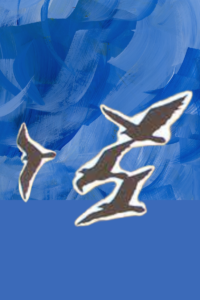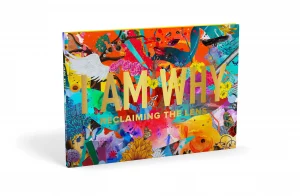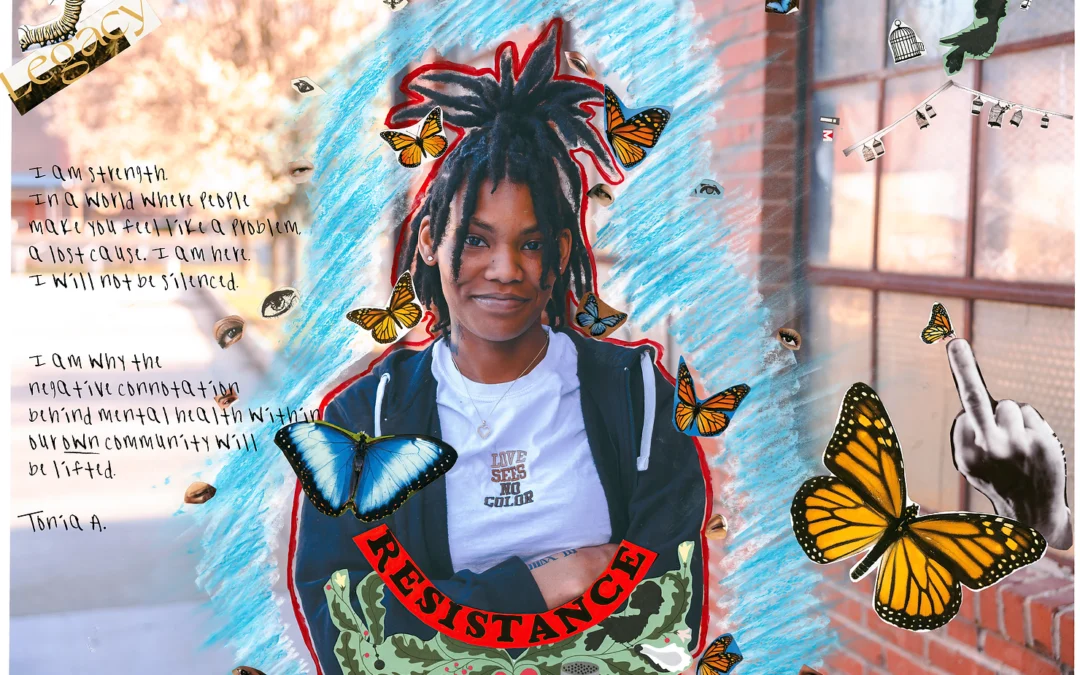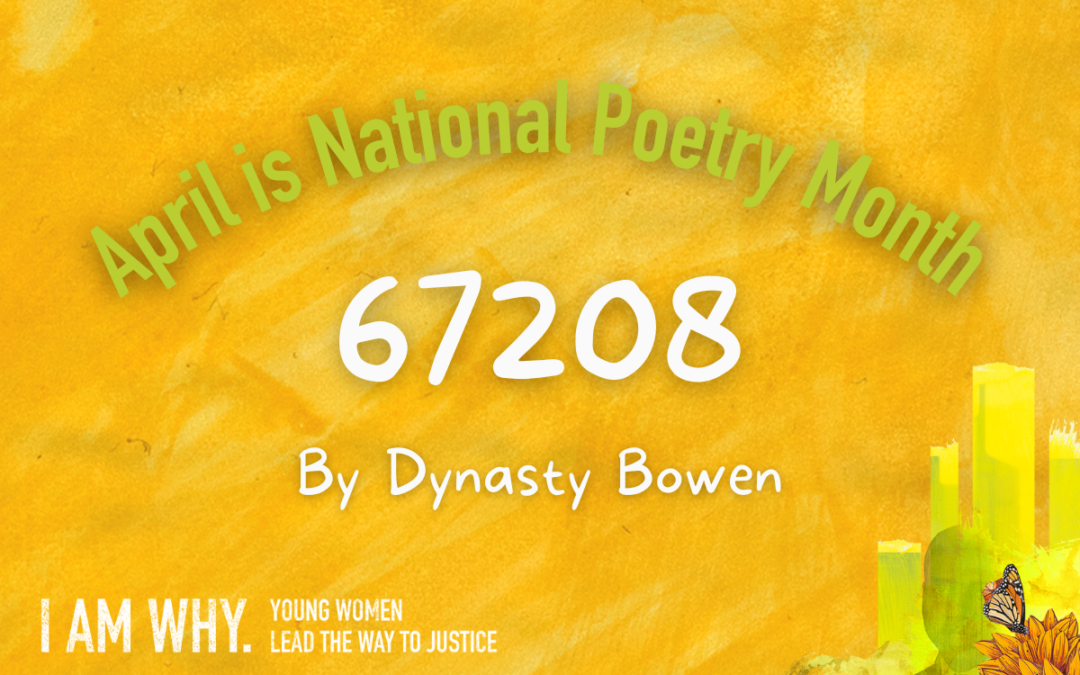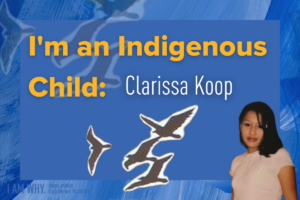
Meet Apsaalooke
Back in June, the Supreme Court issued its ruling in Haalandd V. Brackeen affirming the Indian Child Welfare Act (ICWA). ICWA is a federal law passed in 1978 that governs the removal and out-of-home placement of Indigenous children and youth. Protecting the rights of Tribal nations in child welfare matters safeguards the rights of Tribes’ children and supports the family integrity of Tribe members.
A few weeks ago, I interviewed I Am Why consultant Clarissa Koop about the Supreme Court ruling. Clarissa is a mother of five from the Crow Tribe, located outside of Billings, Montana. Out of approximately 10,000 enrolled members, 75 percent of the Crow Tribe lives on or near the reservation. This tribe was originally called “Apsaalooke” by its members, which means “children of the large-beaked bird.” White men later misinterpreted the word as “crow.” Clarissa lives in a tiny off-reservation community between Great Falls and Havre, which are predominantly white communities. There are seven reservation communities along this Highline.
Clarissa is happy that ICWA was upheld because it was a promise made by the United States government to protect Indigenous children after the mass genocide of Tribes and decades of government officials ripping children out of their homes and placing them in boarding schools. These practices severed children’s connections to their tribes and were intended to systematically wipe out Indigenous Tribes.
Although Clarissa is happy ICWA was upheld, it’s a law that she doesn’t see truly being honored—she has personally witnessed the Department of Family Services removing Indigenous children from their tribes and putting them in off-reservation foster homes. With the 7-2 Supreme Court ruling, Clarissa notes that the two justices who ruled to abolish ICWA may lack education on the topic and not fully understand the effects their decision could have caused because the law isn’t personal to them. Every Indigenous Tribe’s determination is to keep its lineage going. Because of the small number of members Tribes have, they are close to being bred out, meaning within the next 100 years, Indigenous tribes will not have enough blood quantum to keep their descendants within their Tribes.
Clarissa and her community
Clarissa watched a mother from Rocky Boy Reservation, whose children had been removed from her home, fight for years to have her children moved from Great Falls Family Social Services back to her reservation Rocky Boy. After a long battle, at the end of June 2023, at the cusp of losing her parental rights, the court finally allowed the case to be transferred back to her reservation. The mother almost lost her parental rights permanently, and her kids would have remained in homes with white families who don’t understand how important it is for these children to participate in cultural activities and stay connected to their people and culture.
Clarissa’s sister wasn’t as fortunate in having this outcome. Five children within Clarissa’s family were removed from the reservations that they are enrolled in. This case was under the jurisdiction of Havre, which kept the case and refused to return it to the children’s Tribe—a request they were supposed to honor. Social services dragged the case out, and piled requirement after requirement on her sister to complete. The case also didn’t have a consistent case worker; every three months, a new case worker was assigned, and no one really knew the family or the support they needed. Clarissa’s sister fought hard for her children, which caused an emotional toll that drained her physically and mentally. The case continued for so long that eventually, it exceeded the time frame within which she could have gotten her kids back.
How should ICWA be upheld?
With Indigenous families already having the highest removal rate, Clarissa feared if ICWA weren’t upheld, the little control that these Tribes have would have left the opportunity for social services to massively remove Indigenous children from their homes and Tribes. Typically social services doesn’t fear any legal repercussions for not following ICWA, despite the fact that the law is supposed to protect Indigenous children. Because social services receives more funding for Indigenous children compared to white children, it makes it beneficial for off-reservation communities to keep Indigenous children rather than to allow Tribes to handle cases of their members. Clarissa believes that in order for ICWA to be truly upheld, disciplinary action must be taken when the law is not followed. The will and survival of Indigenous Tribes and their people must be taken into deep consideration when cases of Indigenous children land on the desk of the Department of Family Services.
-Samantha Cortez, I Am Why social media manager
